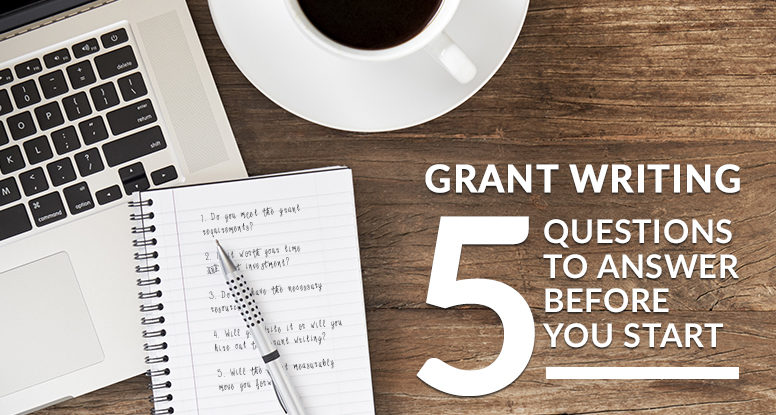
Grant Writing: 5 Questions to answer before you start
One thing stands between you and grant funding: the best grant application.
In order to successfully beat the competition, you need to present the most compelling case. This isn’t easy; many individuals or organizations compete for a limited amount of funding.
How will you stand out? How will you increase your odds? A solid grant writing tip is to pause. Ask yourself these five questions before you start.
Question #1: Do you meet the grant requirements?
“So close” doesn’t count.
Every grant has a specific inventory of requirements. Miss one requirement, and you’re automatically eliminated from consideration. Therefore, it behooves you to review all requirements first carefully. (Think of this as the grantmaker creating the persona of an idea grant recipient.)
A good place to start is the documentation on the grant’s website. Most grant programs will enumerate point-by-point at least two sets of requirements.
The first is eligibility requirements. These explain who may apply. There can be any number of restrictions.
The second set of requirements concerns deliverables. Is the grant truly no strings attached? Unlikely. Most grants require documentation of good faith efforts toward a particular project, goal, or other metrics.
Find both of these in the “Requirements” or similar section. More formal government programs use a Funding Opportunity Announcement, or FOA, to detail grantee requirements. If you cannot easily locate the requirement information, contact the grantmaker.
Question #2: Is it worth your time and cost investment?
How much will it cost you to apply for the grant?
On the surface, “free money” sounds like it is worth any effort. Remember, though, that all grants are competitive. You could spend a lot with no return.
Common gran writing costs include:
- Time. How many hours will this take you (or a grant writer) to prepare?
- Labor. You will need to donate your time or pay someone else to write the grant application.
- Opportunity Costs. Is time better spent pursuing something else? Extra hours dedicated to a “sure thing” might be more attractive in the long run.
Balance these considerations with the funding and possible promotional boost that come with winning a grant.
Question #3: Do you have the necessary resources?
Similar to Question #2: do you or your organization have the time and labor to pursue a grant application?
Moreover, in the best case, if you win the grant, do you have the bandwidth to meet the deliverables?
The second part is often overlooked. Grant funds require documentation. If you don’t think you’ll have time to keep records and fulfill reporting, it probably isn’t worthwhile to apply.
Question #4: Will you write it or hire out the grant writing?
There are pros and cons to either choice.
If you write the grant application yourself, you benefit from being a subject matter expert. You know exactly how the grant funds will be put to best use. In a snap, you can locate support material, references, and historical data.
On the downside, you might already have a full plate of other commitments.
If you hire a grant writer, you benefit from a fresh perspective and (hopefully) a strong storyteller. Look for a grant writer familiar with your industry. Personal recommendations are best.
However, grant writers cost money. Grant writers who charge by the hour have hefty fees. Most charge the same hourly rate for research time, too. Research time is highly variable and can quickly add up. Grant writers that charge a flat rate also have steep fees. Remember: there is still no guarantee of grant funding.
Circumstances and budget will dictate your decision.
Question #5: Will the grant measurably move you forward?
Lastly, will winning the grant be worth it?
The answer depends on your goals.
Many grantees seek only the bottom-line cash a grant provides to move their projects forward. Others value the publicity and proximity to other grantees. Winning a grant suddenly raises your profile to that of other winners. Most value a mixture of both benefits.
Once you consider these five questions, you’re ready to write a grant application. Good luck!
Thank you to our guest blogger

Katie McCaskey
Katie McCaskey won a $1,000 grant from Keep Virginia Beautiful. She writes for OpenWater, a grant management software platform.
